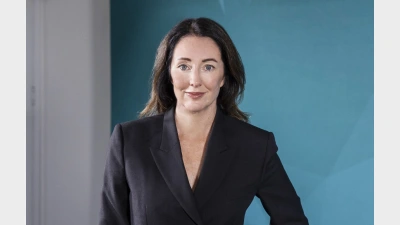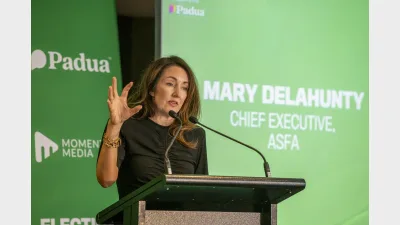ASIC acts against 19 SMSF auditors


The Australian Securities and Investments Commission (ASIC) has acted against 19 self-managed super fund (SMSF) auditors since July, for breaches of auditing standards, independence requirements, registration conditions and for failing the fit and proper person test.
As part of the enforcement activity, the corporate regulator deregistered 12 SMSF auditors and imposed additional conditions on the registration of seven others. For seven of those deregistered, ASIC chose to accept voluntary cancellations as negotiated outcomes.
ASIC commissioner, Sean Hughes, said: “SMSF auditors play a fundamental role in promoting confidence and instilling trust in the SMSF sector, so it is crucial that they adhere to ethical and auditing standards.
“ASIC will continue to take action where the conduct of SMSF auditors is inadequate and fails to meet the requisite standards.”
Disqualifications
Christopher Baldwin, of Shepparton, Victoria, was disqualified from being an SMSF auditor in October 2021 for:
- significant breaches of auditor independence requirements.
- not obtaining sufficient appropriate audit evidence and not adequately documenting his audits in relation to ownership and market value of assets, arm’s length rental properties, loan arrangements and the requirement for trustees to have signed financial statements.
- not reporting a breach as required. Mr Baldwin identified and concluded in his audit of a fund that money had inappropriately been withdrawn from a bank account.
Adnan Sibai, of Sydney, New South Wales, was disqualified from being an SMSF auditor in October 2021 for:
- not obtaining sufficient appropriate audit evidence about fund structure (whether each director of a fund’s corporate trustee was also a member of the fund), ownership of assets; dividend and trust distributions, the relevance and reliability of internet bank statements and automatic bank feeds and the requirement for trustees to have signed financial statements.
- not otherwise being a fit and proper person to be an SMSF auditor because and for the reasons that he had been disqualified by the ATO from being a responsible officer of a corporate trustee of a superannuation fund, and disqualified by the Tax Practitioners Board (TPB) from being a tax agent and also because he did not declare his disqualification by the TPB to ASIC in his relevant SMSF auditor annual statement.
ASIC-initiated cancellations
Yuk Wong, of Gladesville, New South Wales, had his registration cancelled in August 2021 for not meeting the following additional conditions imposed previously on his registration (refer: 20-215MR):
- to provide evidence of compliance with continuing professional development requirements; and
- to review and revise tools and templates used to perform and document SMSF audits.
John Campbell, of Kerang, Victoria, and Christopher Sheppard, of South Yarra, Victoria had their registrations cancelled in September 2021 and December 2021 respectively, for not maintaining the practical experience necessary for carrying out SMSF audits. They had not performed any significant SMSF audit work during a continuous period of more than five years.
Voluntary cancellations
ASIC accepted requests from seven SMSF auditors to cancel their registrations as negotiated outcomes of their individual investigations about various breaches, or for fitness and propriety concerns.
Conditions imposed on SMSF auditor registration
The following people had additional conditions imposed on their registration for breaching auditing rules:
- Brian Taylor, of Sydney, New South Wales.
- Ashwin Panchal, of Lansdale, Western Australia.
- Brian Carroll, of Miranda, New South Wales.
- Ahmed Afifi, of Darlinghurst, New South Wales.
- Sebastian Buccheri, of Carlton, Victoria.
- Bernie Trounce, of Noble Park, Victoria
- Neil Yeoman, of Southbank, Victoria.
Recommended for you
Rather than retreating in the face of rising volatility and geopolitical uncertainty, superannuation funds are tactically positioning themselves to capitalise on equity market weakness, prioritising liquidity and flexibility to make strategic buys.
The CEO of superannuation advocacy body ASFA has laid out the sector’s expectations for Australia’s next government, underscoring the need for policy stability to safeguard members’ retirement savings.
Aware Super has made a $1.6 billion investment in a 99-hectare industrial precinct in Melbourne’s North which, the fund clarified, also houses the nation’s first privately funded open-access intermodal freight terminal.
ASFA has affirmed its commitment to safeguarding Australia’s retirement savings as cyber activity becomes an increasing challenge for the financial services sector.












